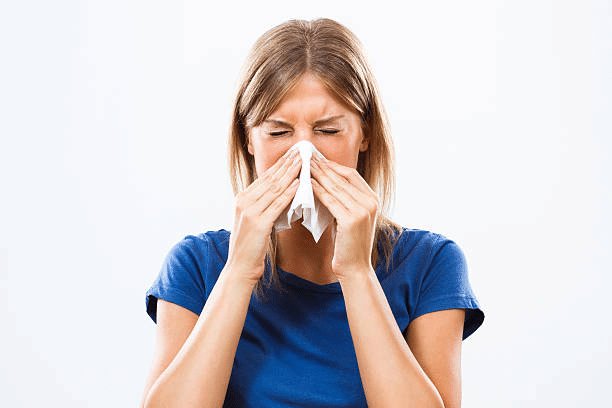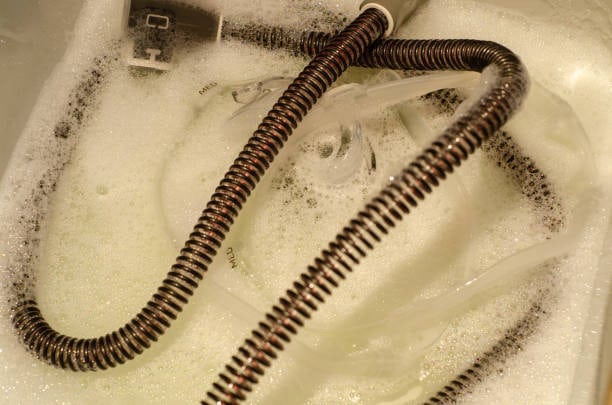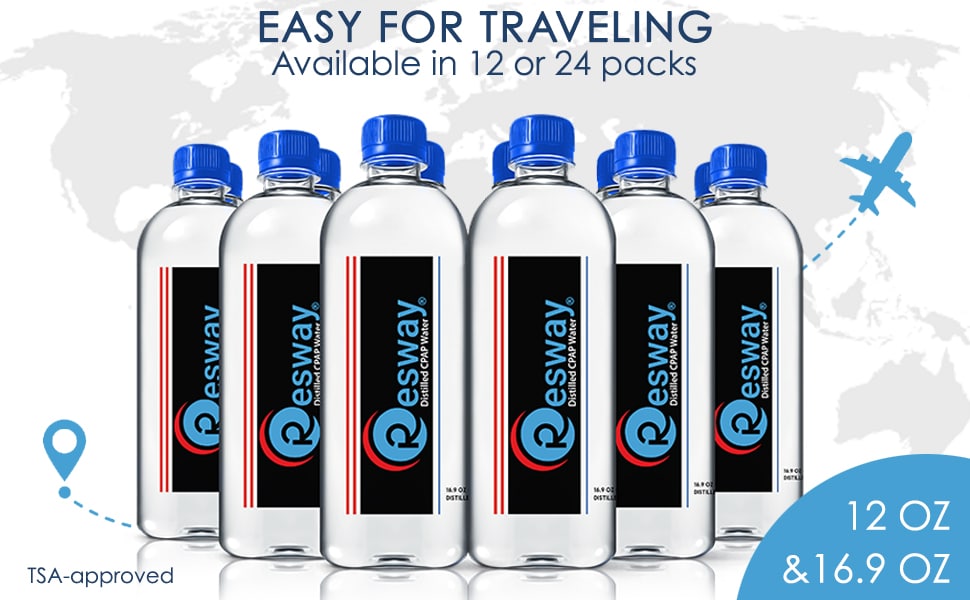Embrace the night and transform your sleep with the perfect CPAP mask! Imagine waking up refreshed, your energy levels soaring, and your focus sharp as a tack. That’s the power of a good night’s sleep with effective CPAP therapy. But hey, let’s keep it real – sometimes, these masks can be a bit of a party pooper. Read on to find out what causes CPAP mask nose irritation, how to treat it, and what things you can use to improve the fit of your CPAP mask and your sleep quality.
Understanding The Causes Of CPAP Mask Irritation

Four factors may contribute to nose sores and skin irritation in CPAP users: improper mask adjustment, using the incorrect size mask, wearing an unclean mask, or wearing an outdated mask. These difficulties may be brought on by many different factors, but luckily, they may all be resolved.
1. Wrong CPAP Mask Setting
You could be incorrectly adjusting your mask if you’re new to using a CPAP device. It should be cozy yet not oppressive. Turn on your CPAP and check for leaks after adjusting your CPAP headgear until it fits comfortably.
Your face may experience more pressure if your mask is too tightly fitted. If the straps on your mask are not snug enough, they may move and rub against your skin.
Speak with your doctor and the manufacturer of your CPAP machine if you still need clarification about how to correctly fit your mask.
2. CPAP Mask Doesn’t Fit Correctly
You could be wearing the incorrect mask. You may have accidentally received the wrong size or purchased a new brand that fits differently. Even the most excellent mask is only helpful if it works correctly.
3. Neglecting CPAP Hygiene
Many CPAP users must be aware of how crucial cleaning their devices and masks is. In particular, if you are unwell or recovering from an illness, breathing into your CPAP all night implies you may release microorganisms into your mask.
CPAP devices are also often warm and humid. They could provide the ideal environment for bacterial growth. Set aside time each day to clean your CPAP. Aim for once a week if you find it challenging to stick to a daily program.
Your mask should be cleaned every day. Oil, skin cells, and germs may all be readily collected by your mask. Each component should be cleaned individually using mild soap and water. After rinsing with cold water, let it air dry.
4. CPAP Mask That Needs To Be Replaced
It may be time to change the mask at this point. Your mask’s cushions may deteriorate with time, causing the mask to come into touch with your skin.
It may help to replace these cushions. However, not all CPAP masks have removable cushions, so you may buy a new mask from scratch.
Also Read: CPAP Mask Types: Everything You Need To Know!
Solutions for Preventing CPAP Mask Nose Sores
CPAP treatment enhances your quality of life by enabling you to get a good night’s sleep and live a healthy lifestyle. Unfortunately, the process is made somewhat more difficult by the nasal sores you get in everyday life due to wearing the mask at night.
While seasoned users of CPAP therapy have learned how to deal with problems, novice users still have difficulties. You feel like you’re about to give up on therapy if you don’t know how to stop nose sores from a mask.
Before it comes to that, let’s make the issue better.
Using Nasal Mask Liner To Prevent Air Leaks
Mask liners are a simple fix if you have sores on your nose bridge rather than a dry nasal canal. A mask liner’s softer material creates a buffer between the mask cushion and your nose’s bridge. You, therefore, experience less nasal mask pressure, which lessens pain.
The mask doesn’t leave red stains on your skin, either. By acting as an additional barrier, the liners also assist in preventing air leakage.
The Common Causes Of a Sore Nose Bridge

A dirty CPAP masks are a significant but often overlooked cause of a painful nasal bridge. Do you often have to make adjustments to your headgear? Tightening it constantly and overstraining your nose as a result?
The mask’s surface is becoming dusty and microbial, so that component might move from its proper position. As often as you can, clean your CPAP mask. Furthermore, you must replace them every 90 days.
Avoiding CPAP Mask Nose Soreness By Using Nasal Lubricant
Use nasal passages moisturizer if the mask discomfort in your nose is within your nasal channel. While receiving CPAP treatment, these lubricants moisten your nose. So your nose doesn’t dry out, and you don’t have the same irritability in the morning.
Using a Heated Humidifier In Combination With Your CPAP Machine
The water in the water chamber of a heated humidifier is heated to operate. The outcome is that the CPAP air you get is humid, which indicates that it has enough moisture. When this air enters your nasal canal, it brings moisture, preventing the dryness of your nose.
A heated humidifier may prevent nose sores, dry lips, and sore throats. You should always search for a heated humidifier on the CPAP machine. According to research, people with sleep apnea who use CPAP machines with heated humidifiers are more likely to stick with their treatment.
The Advantages Of Using Heated Tubing With Your CPAP Machine
A heated tube serves the same purpose as a heated humidifier by adding moisture to the air. Only using a heated humidifier with standard tubing might cause rainout, which is unneeded condensation in the tubing. Both components may complement one another if you combine heated tubing and a humidifier.
Benefits Of Finding The Right CPAP Mask For You
If all else fails, you should switch out your mask. You need a mask that fits your face comfortably. The mask shouldn’t feel too tight or loose for aching nose bridges. A nasal pillow mask may be more comfortable since it does not cover your whole face.
Additionally, it is lighter, which is advantageous since pressure is one of the things that might irritate the nose.
The Best CPAP Supplies for a Comfy Night’s Sleep
Several solutions are available that will rapidly lessen red spots, chafing, outbreaks, and more!
Gecko Nasal Pad by ResMed
You apply a gel pad over your nasal bridge to lessen facial sores and skin sensitivity. Air leaks are also reduced as a result.
Designed to assist in stopping air leaks by forming a thin, flexible barrier around the cushion of your CPAP mask. To lessen skin irritation, it also revitalizes dry skin and chapped lips. The CPAP mask cushion lasts longer since the gel barrier shields it from the oil on your skin that would otherwise degrade it. Your skin will be soothed and healed by the aloe vera-based gel.
Additionally, several CPAP mask liners are available for both nasal and full-face masks. A pleasant barrier is created by the soft fabric material to stop air leakage and lessen chafing, red marks, and pain. Numerous liners may be used again.
Final Verdict
Adjusting to life with a CPAP mask is a journey, and it’s okay if it takes a little time to find your groove. Remember, not everyone with apnea will see immediate success. And let’s not overlook a common hurdle – CPAP Mask Nose Irritation. It might seem minor, but if it’s making your mask feel like a foe rather than a friend, it could tempt you to give up on your therapy.
Try complementing your CPAP with accessories if your mask is uncomfortable or doesn’t fit properly to help you feel better.
Talk to your doctor about alternatives, such as trying a different CPAP machine or mask or altering your sleeping posture, if none of these suggestions prove beneficial. The most crucial thing is to not completely dismiss apnea treatment: CPAP therapy will help if you can continue with it.
Enhance your CPAP experience and ensure comfort with our premium CPAP accessories. Discover the perfect fit and comfort solutions in our collection to help you stick with your CPAP therapy successfully.
If this article helped you, we’d love to hear your thoughts in the comments below.




